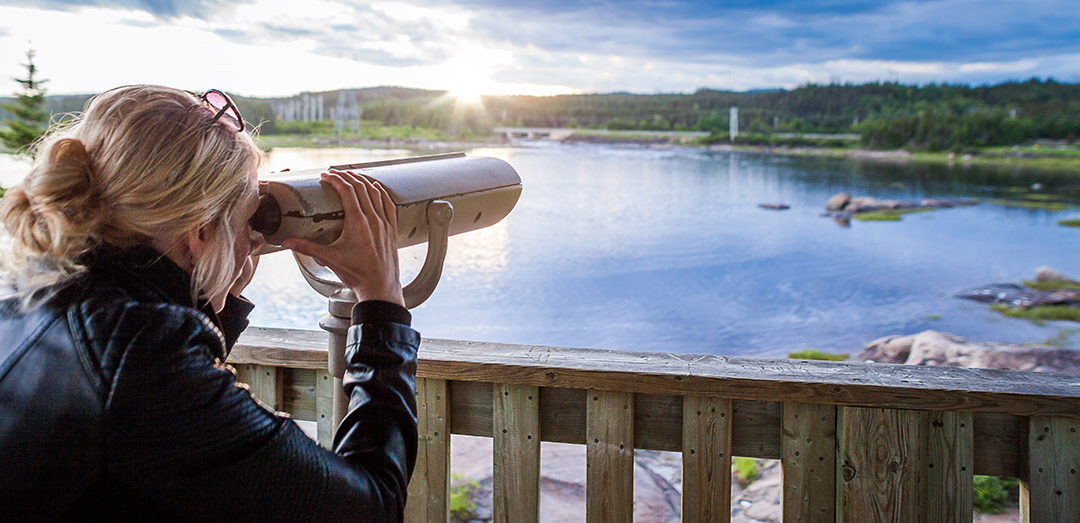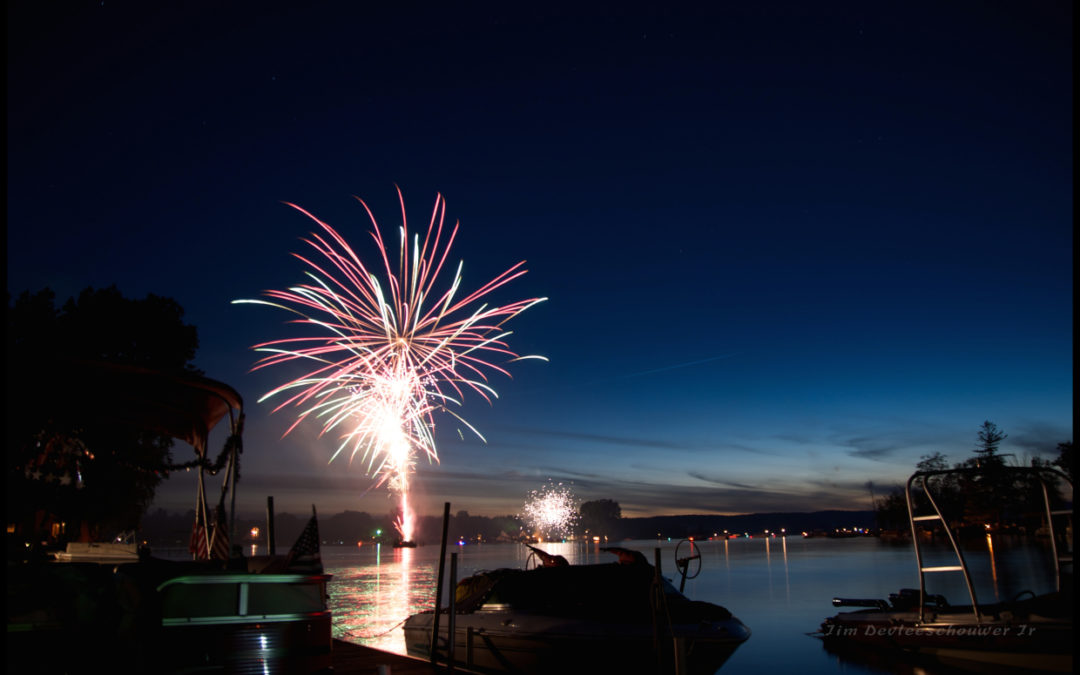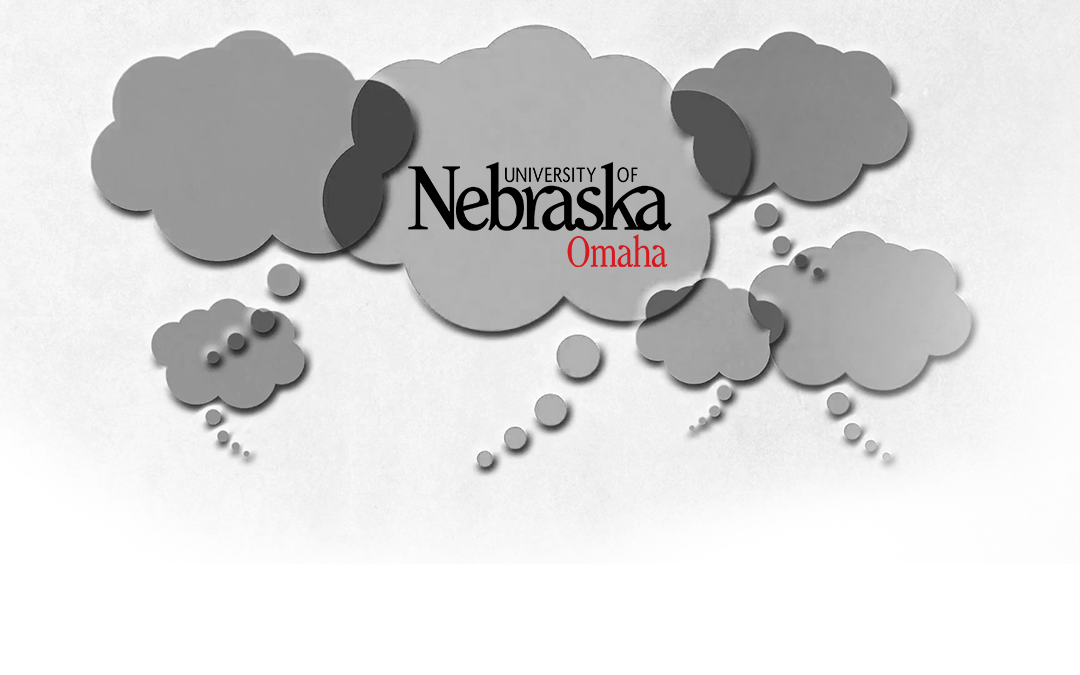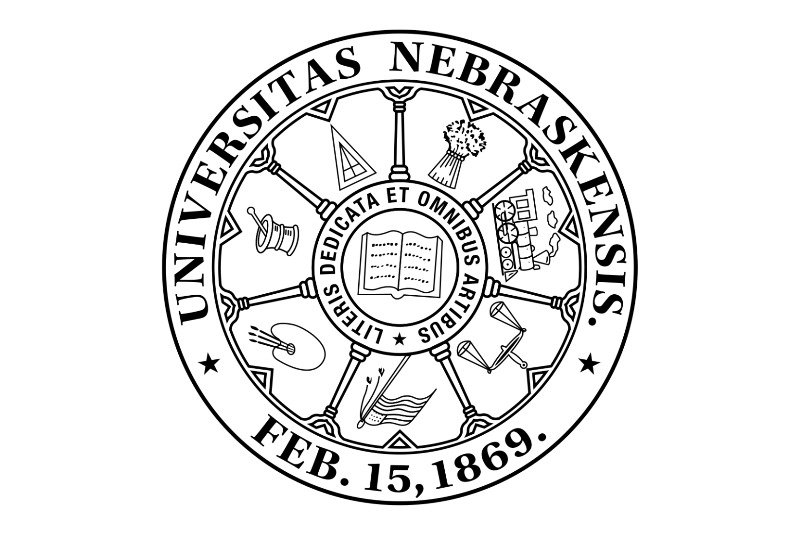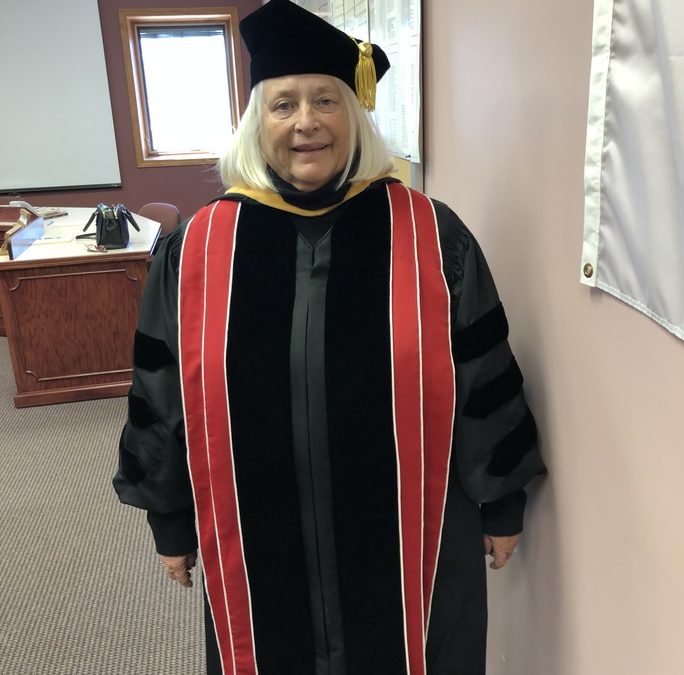
Oh, the Beauty of Firsts
Oh, the Beauty of Firsts
Amidst the sea of work and the all-enveloping search for the University of Nebraska’s next President, sometimes I forget that I haven’t been a Regent for all that long. Other times, I wonder if I’ll ever stop feeling like the new kid in school.
In one of the few moments I’ve had recently to catch my breath, I found myself reflecting on my first regent moments. I thought about experiences in the early days of my Regent-hood that are as vivid today as they were then.
One of the first regent moments that struck me was how everyone had a business card and it seemed to be a well-practiced ritual to exchange them upon meeting. So naturally I had to get some of my own so I could join in the exchange.
“The first few months were full of fascinating conversations with people who worked in all sorts of different positions throughout the university.”
I couldn’t help being as enthusiastic as they were when they would tell me about the work they’re doing.
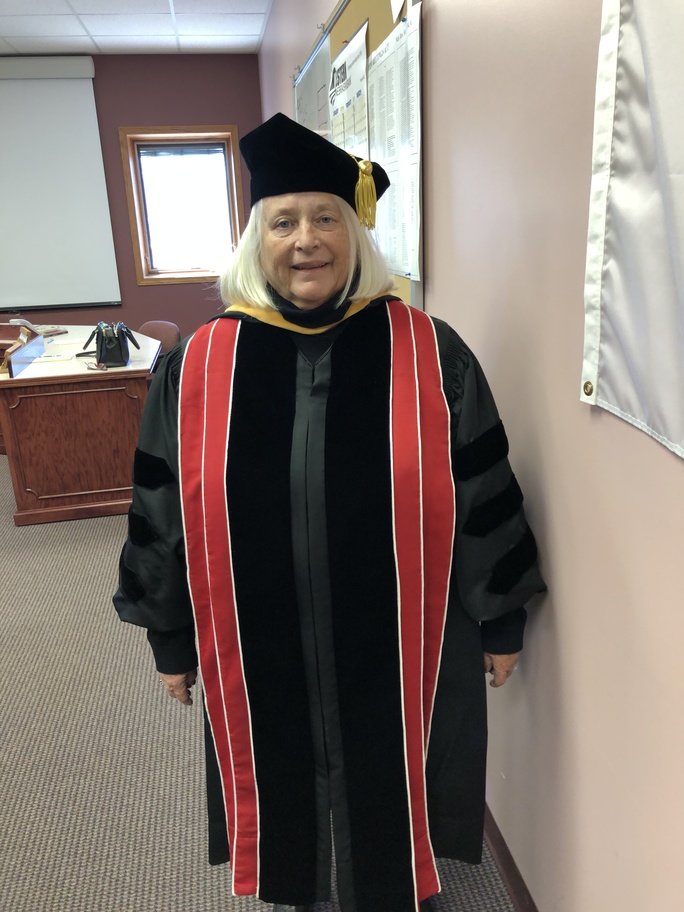
For example, there was one guy named Craig who works at the research center in North Platte, and who demonstrated the incredible wind tunnels they use to test liquid dispersion on fields by everything from a tractor to a crop duster. He could hardly contain his excitement when he talked about the research equipment in his labs.
“The only thing he apologized for was his undergraduate degree from The Ohio State University. He is a Big Red fan now.”
Another visceral regent moment I had was the first time I wore my academic Regent robe. It was the NCTA graduation, and I kept thinking about the vestige of European roots in academia present in the design construction of these robes. Basically, the robes are designed for men and men’s shirts, so that when female Regents don the hood that’s part and parcel of the whole Regent robe deal, we have to wear a safety pin to keep the hood from creeping up our fronts and choking us. It can be a little distracting.
Despite that, I must admit it made me feel part of a ceremony of great importance, one with the weight of a lot of history behind it.
“It gave me a sense of unity with all the university students.”
Yes, it is easy to get caught up in all the work we have to do today, or everything we’re working toward in the future. Looking forward is a good thing. Being present in the moment, also highly important. But there’s nothing wrong with taking a breather here and there to reflect, enjoy, and have a little perspective on moments gone by.
*Barbara’s thoughts as written by Kate based on weekly (fascinating) conversations.






